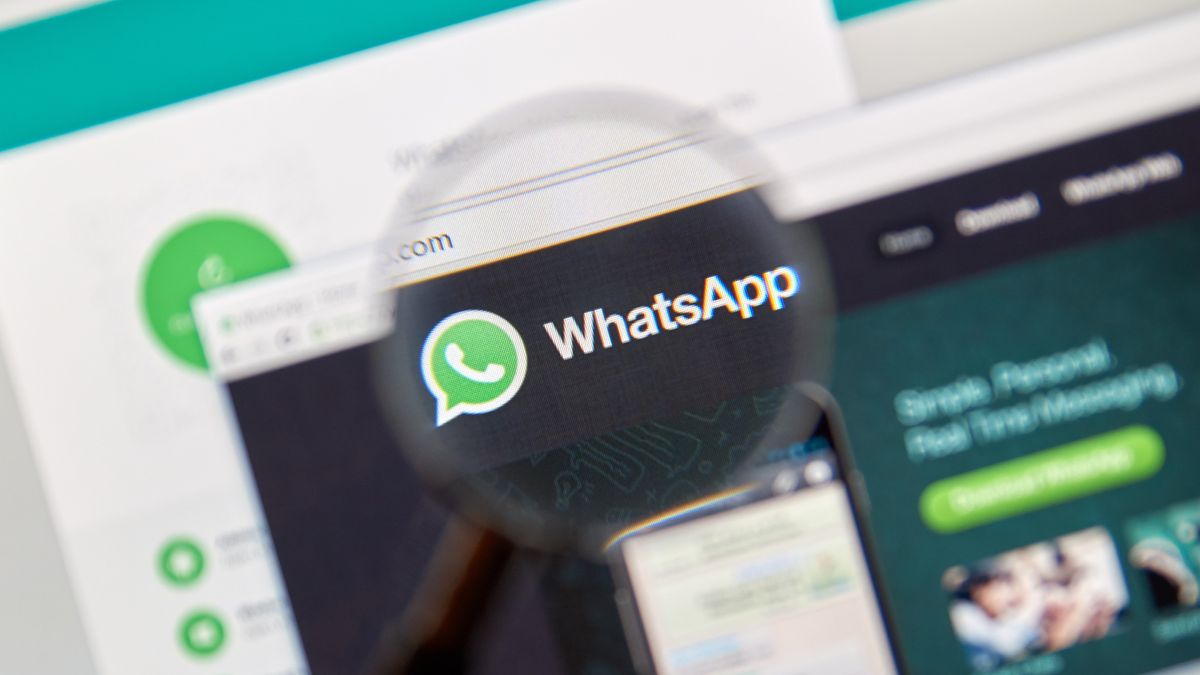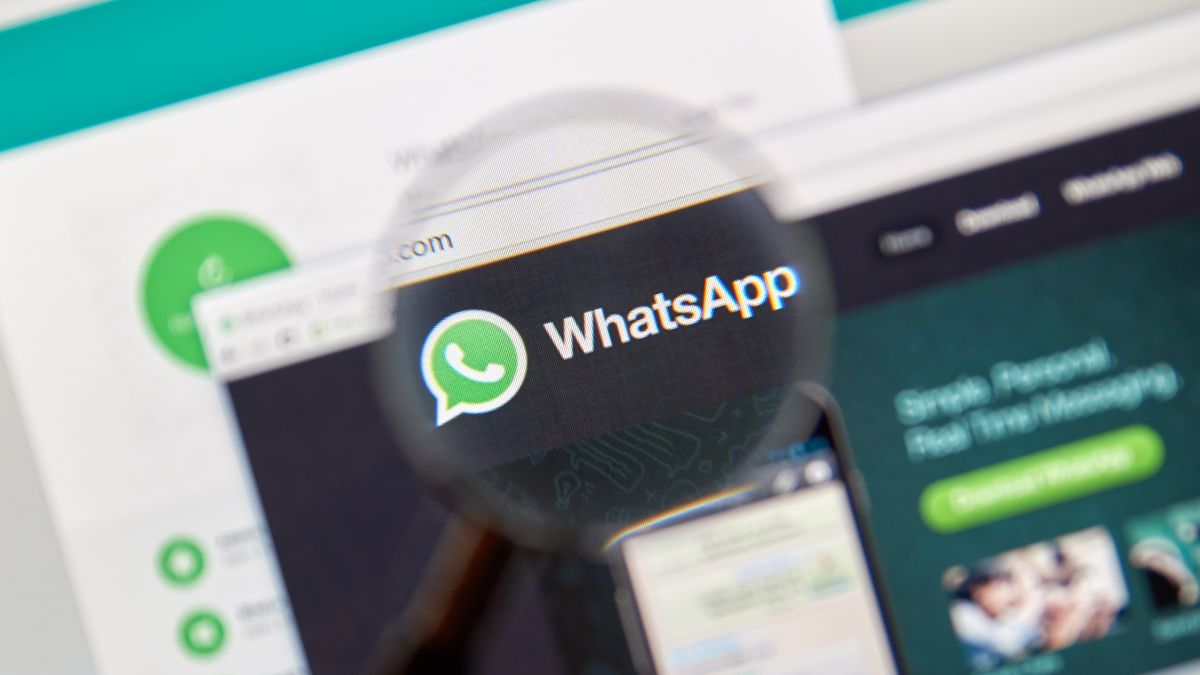
After a plenty of start and stop and legal issues, Facebook-owned WhatsApp has finally got the nod to launch its payments service in India.
The National Payments Corporation of India (NPCI) has given WhatsApp the go-ahead to go live on the country’s United Payments Interface (UPI). WhatsApp can expand its UPI userbase gradually.
But the permission has come with a caveat. NPCI has told WhatsApp, which has over 400 million users in India, can expand payments to its users in a “graded manner”.
As per NCPI, WhatsApp can extend the payments service to 20 million users and has to work with multiple banking partners.
NPCI has also said it would be enforcing a cap on third-party apps to ensure that no single app processes more than 30% of all UPI transactions in a month.
After the developments, Facebook CEO in a video statement said, “we’ve been working on this with the National Payments Corporation of India, who oversee everything to make sure it’s secure and reliable. And we’ve built it using India’s Unified Payments Interface, which makes it easy for anyone to instantly accept payments across different apps — and for companies to provide people with great services.”
“With UPI, India has created something truly special and is opening up a world of opportunities for micro and small businesses that are the backbone of the Indian economy. India is the first country to do anything like this. I’m glad we were able to support this effort and work together to help achieve a more digital India. I want to thank all our partners who’ve made this possible,” he added.
Now transferring money on WhatsApp is as easy as sending message
Starting today, people across India will be able to send money through WhatsApp 💸 This secure payments experience makes transferring money just as easy as sending a message. pic.twitter.com/bM1hMEB7sbNovember 6, 2020
After the green signal yesterday, WhatsApp today said, “Starting today, people across India will be able to send money through WhatsApp Money. This secure payments experience makes transferring money just as easy as sending a message.”
WhatsApp Pay is said to be rolled out in ten Indian regional languages.
The company has hundreds of millions of users in India but is facing a crowded payments market with stiff competition from Google Pay, PhonePe and Paytm.
WhatsApp Pay beta-tested in India in 2018, and it amassed 1 million users. The beta was launched in February 2018 and offered P2P capabilities when users linked their accounts to a bank account. And it did go on to meet the RBI’s data localization regulations prior to the October 15, 2018 deadline by providing domestic data storage.
Earlier this year, the firm launched payments in Brazil only to be shut down by the central bank within ten days over competition issues.
How to send money on WhatsApp
To send money on WhatsApp in India, it’s necessary to have a bank account and debit card in India. In a blog the company said WhatsApp sends instructions to banks, also known as payment service providers, that initiate the transfer of money via UPI between sender and receiver bank accounts. “We’re delighted to be working with five leading banks in India: ICICI Bank, HDFC Bank, Axis Bank, the State Bank of India, and Jio Payments Bank. People can send money on WhatsApp to anyone using a UPI supported app.”
Just like every feature in WhatsApp, payments is designed with a strong set of security and privacy principles, including entering a personal UPI PIN for each payment.
Payments on WhatsApp is now available for people on the latest version of the iPhone and Android app, it added.
WhatsApp betting big on India
[embedded content]
WhatsApp Pay service in India, is expected to create a major splash in terms of digital transactions. At stake is India’s mobile payments market, which is estimated to reach $1 trillion by 2023.
WhatsApp is well primed for this contest, it would appear. Its parent Facebook bought a 9.9% stake in Reliance Jio for Rs 43,574 crore. The partnership between Facebook and Jio is unprecedented in many ways. Jio Platforms has an estimated user base of over 380 million across the country. Jio is betting big on WhatsApp Pay to carry on its ambitious e-commerce forays.
WhatsApp Pay is expected to follow the tracks of China’s WeChat Pay, which leverages on the popularity of its parent platform. WeChat Pay is a top player in China’s mobile payment market, with 800 million monthly active users (MAU), and its success is largely due to it being part of WeChat’s ecosystem, which boasts over 1 billion MAU.
WhatsApp India head Abhijit Bose had said it can bring at least 200 million of its users to UPI, which is seeing steady growth in digital payments amid the pandemic. WhatsApp has plans too to start multiple pilots in areas like digital lending, micro-insurance and micro-pension in 18 months.
